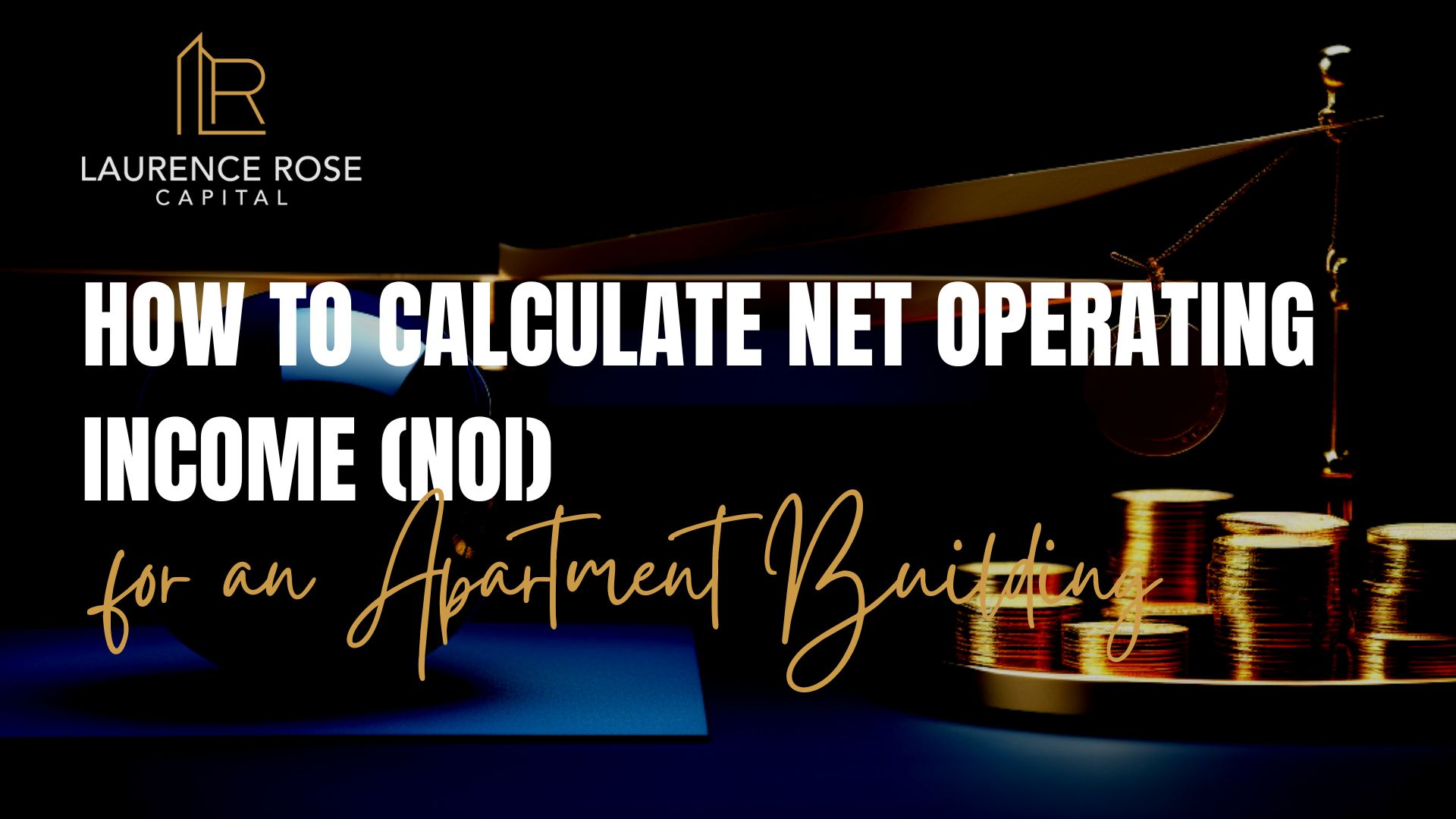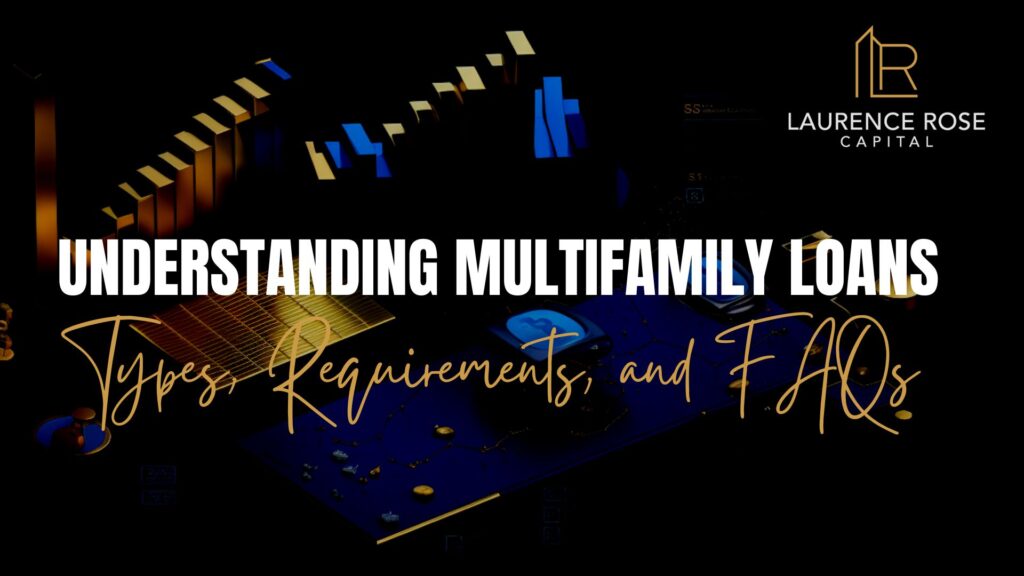Embarking on a successful journey in real estate necessitates mastering the art of calculating the Net Operating Income (NOI) for apartment buildings. NOI offers a financial compass, guiding investors through the revenue and expense landscape. Here’s a step-by-step guide to navigate this essential aspect of real estate analysis:
Step 1: Collate Income Data
Begin by gathering all sources of income generated by the apartment building:
- Rental Income: Sum up the total rent collected from all units over a specific period, typically a year.
- Other Income: Factor in supplementary revenue streams such as fees from parking, laundry, or any additional services.
Step 2: Compute Gross Potential Income (GPI)
Calculate the theoretical maximum income the property could generate if every unit were fully occupied, irrespective of vacancies or uncollected rent:
GPI = Rental Income + Other Income
Step 3: Adjust for Vacancies and Delinquencies
Subtract anticipated vacancies and delinquent payments from the Gross Potential Income to derive the Effective Gross Income (EGI). This provides a more realistic reflection of the property’s income considering potential disruptions:
EGI = GPI – Vacancies and Delinquencies
Step 4: Identify Operating Expenses
Collate all operating expenses associated with managing the apartment building. This entails various costs:
- Property Management Fees
- Utilities (water, electricity, gas)
- Property Taxes
- Insurance Premiums
- Maintenance and Repair Costs
- Administrative Expenditures
- Advertising and Marketing Outlays
- Miscellaneous Expenses
Step 5: Calculate the Net Operating Income (NOI)
Subtract the total operating expenses from the Effective Gross Income to unveil the Net Operating Income:
NOI = EGI – Total Operating Expenses
Step 6: Interpret the Outcome
The computed NOI is a reflection of the income generated by the property after accounting for the costs associated with its operation. It’s a pivotal metric for evaluating the financial viability of the investment.
For instance, if your Effective Gross Income amounts to $550,000 and the total operating expenses sum up to $180,000, the NOI would be:
NOI = $550,000 – $180,000 = $370,000
Step 7: Grasp the Significance of NOI
NOI holds immense importance for investors, as it forms the foundation for property valuation, potential returns, and cash flow projections. It serves as a cornerstone when making investment decisions and comparing different properties.
Conclusion
Navigating the intricacies of calculating an apartment building’s NOI is akin to unraveling a financial tapestry. By meticulously following these steps, investors gain valuable insights into the property’s financial health, paving the way for informed investment choices. Remember, NOI is a powerful tool in the real estate toolkit, offering a comprehensive glimpse into a property’s financial performance.






![How Does Creative Financing Work In Multifamily Real Estate [Explained]](https://laurencerosecapital.com/wp-content/uploads/2023/10/JG-BMP-Ira-LRC-JB-Blog-Covers-750-×-422px-1920-×-1005px-1024x576.jpg)
